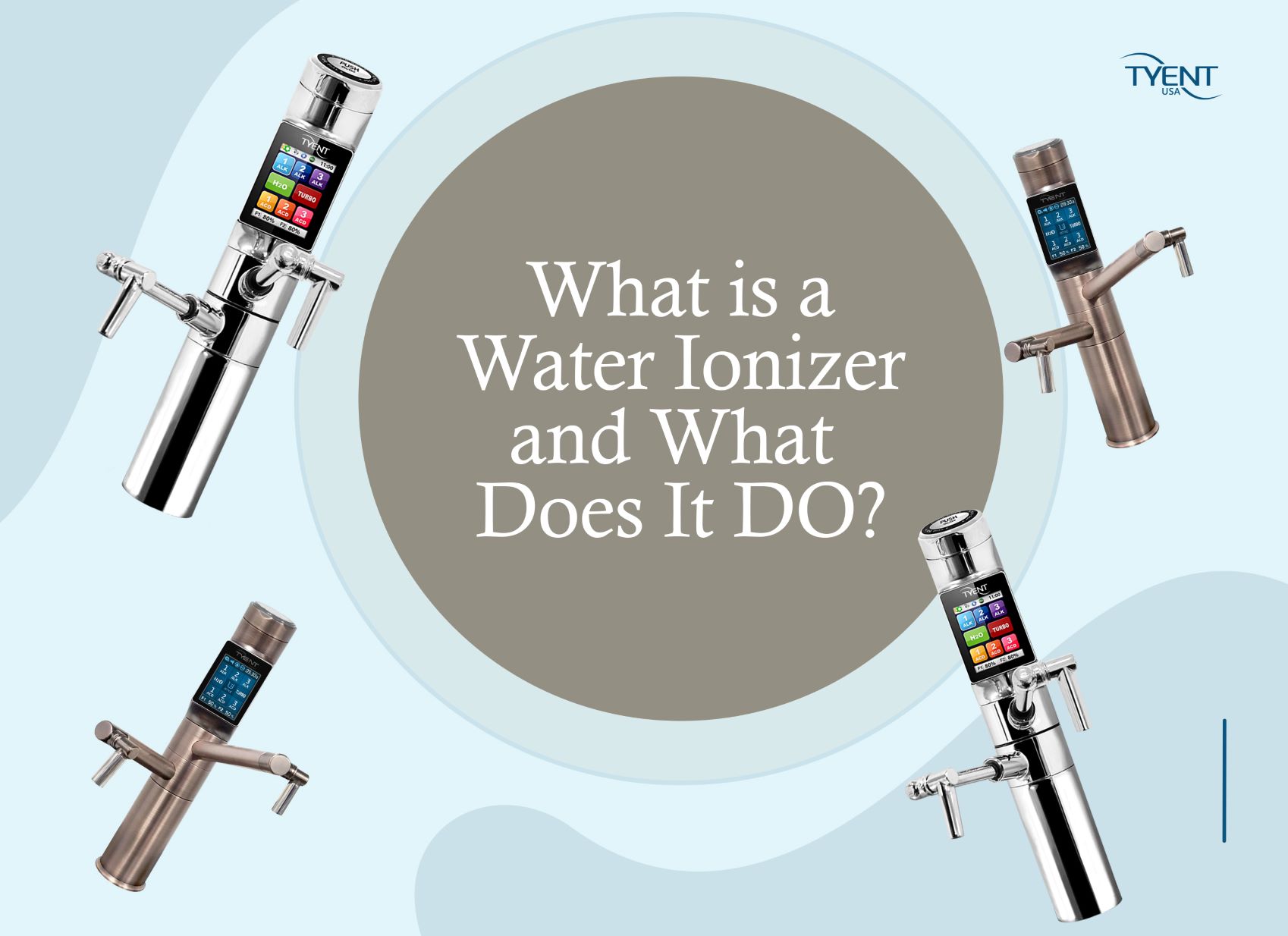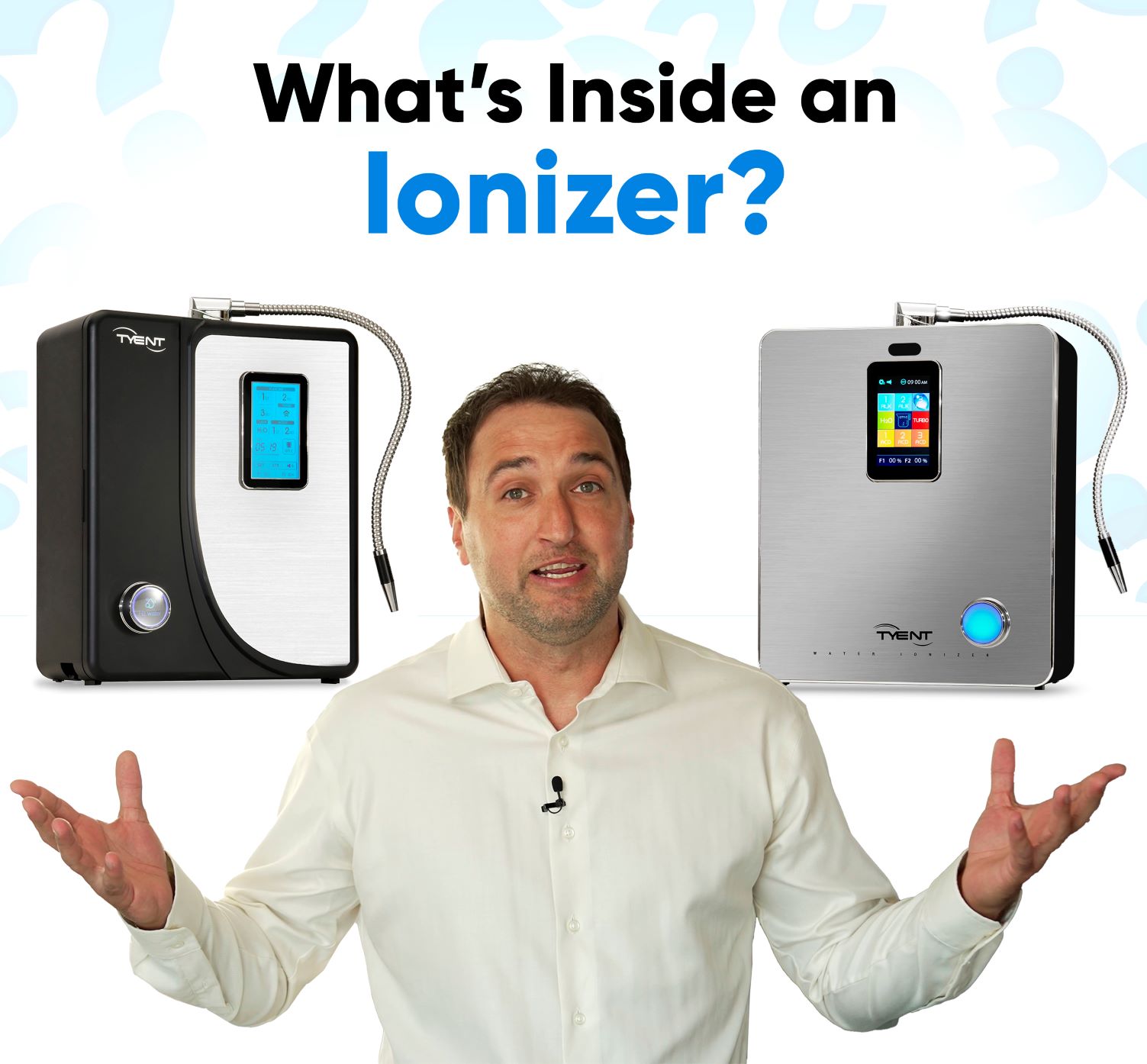Are hydration and health on your radar screen? Scan our water lexicon to brush up on must-know terms in the water glossary.
Alkaline water: Alkaline water is water that’s been given a negative charge using electrolysis created by platinum coated titanium electrodes (plates). The opposite of acidic water, the resulting alkaline water counteracts the acid in many American diets and adds healthy antioxidants to the body. It also enhances the body’s internal pH to a more alkaline state (6.9-7.2).

Acidic water: Water ionizers produce both types of water at opposite ends of the water spectrum (alkaline and acidic), and both are useful. Acidic water, while not for ingesting, has hundreds of uses: cleaning, disinfecting, gargling as a mouthwash, relieving minor skin abrasions, and as a ”beauty water” when used externally on skin and hair.
Dehydration: The unhealthy state of the body when one doesn’t consume enough water. Common symptoms of dehydration include headaches, constipation, muscle cramps, nausea, and decreased/more concentrated urine output. Relieve dehydration by consuming more water.
H20: The chemical formula of water: two hydrogen molecules bonded to one oxygen molecule.
Hydration: The state of having sufficient water within a living thing to survive and keep life processes running smoothly. All living things must be adequately hydrated to function at a high level. By the same token, dehydration is a widespread cause of illness.
Hydroxl ions: Present in alkaline (also known as ionized) water, hydroxyl ions are oxygen molecules with an extra electron attached to them. These ions seek free radicals within the body and cancel them out so that the body has more oxygen and can function at a higher energy level.
Ionizer: A water ionizer is the technological tool that transforms regular water into alkaline (or ionized) water.
pH balance: The balance of acid and alkalinity within the body. Too much acidity in the body leads to health problems and a general feeling of ill health. To counteract a high acidity level and bring the body’s pH balance back to a healthy state, consume alkaline water and alkaline-forming foods (like avocados, figs, honey, corn, and fresh fruits and vegetables).
Tap water: The water that comes out of a faucet or sink. Tap water can contain unsafe chemicals and contaminants. If you’re concerned about contaminants in your tap water, you should contact Tyent USA for a free water report and a custom water solution so that you can have pure, healthy ionized water for yourself and your family.









The first time ever that I have clicked on “I’m Feeling Lucky” and actually got a useful Web site. Thanks!